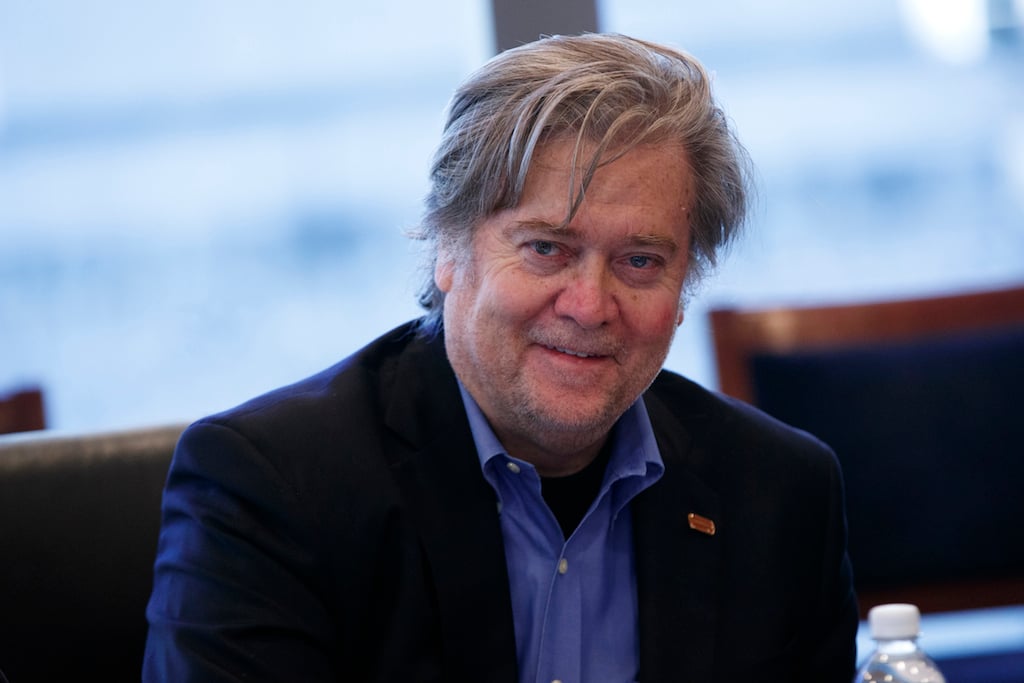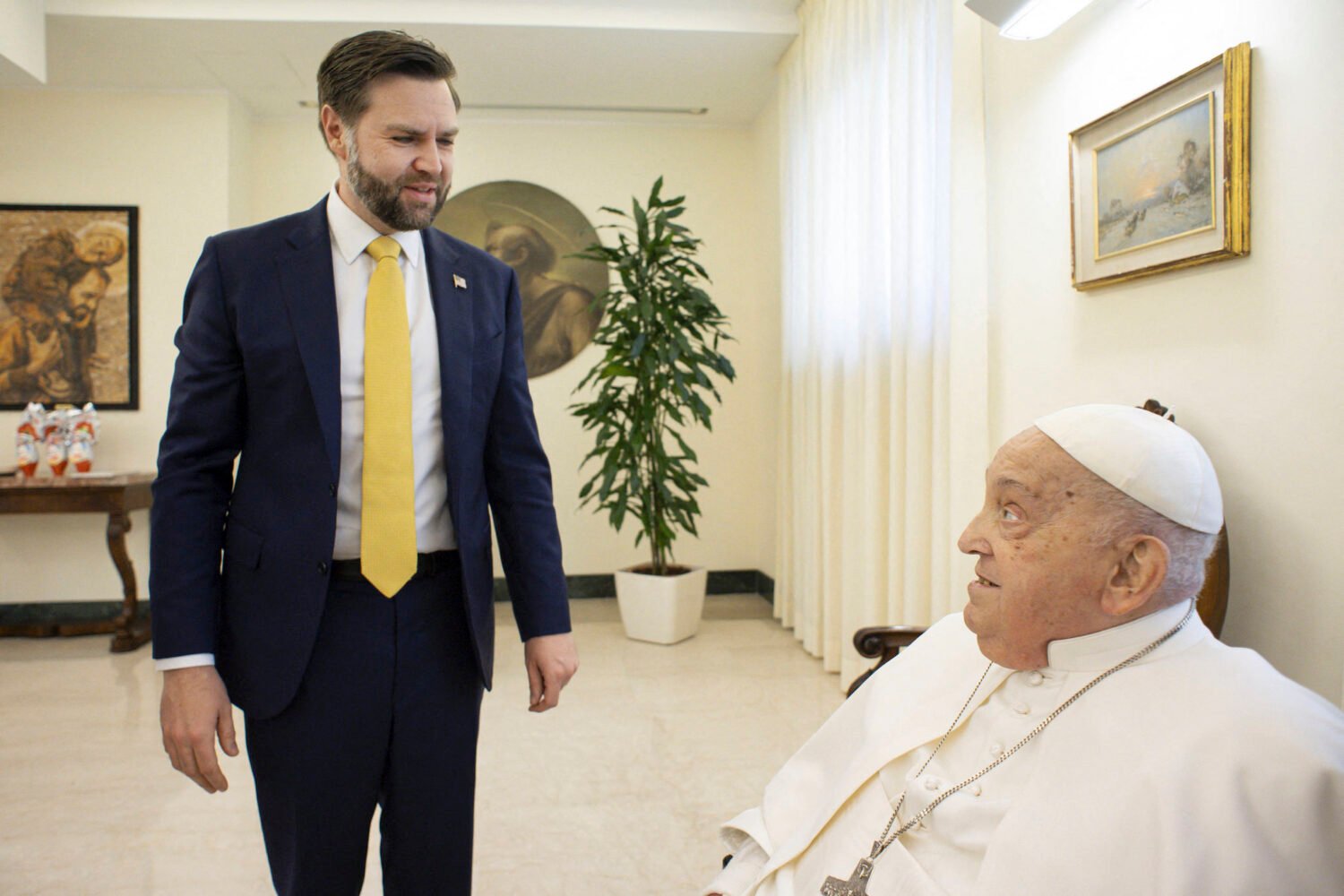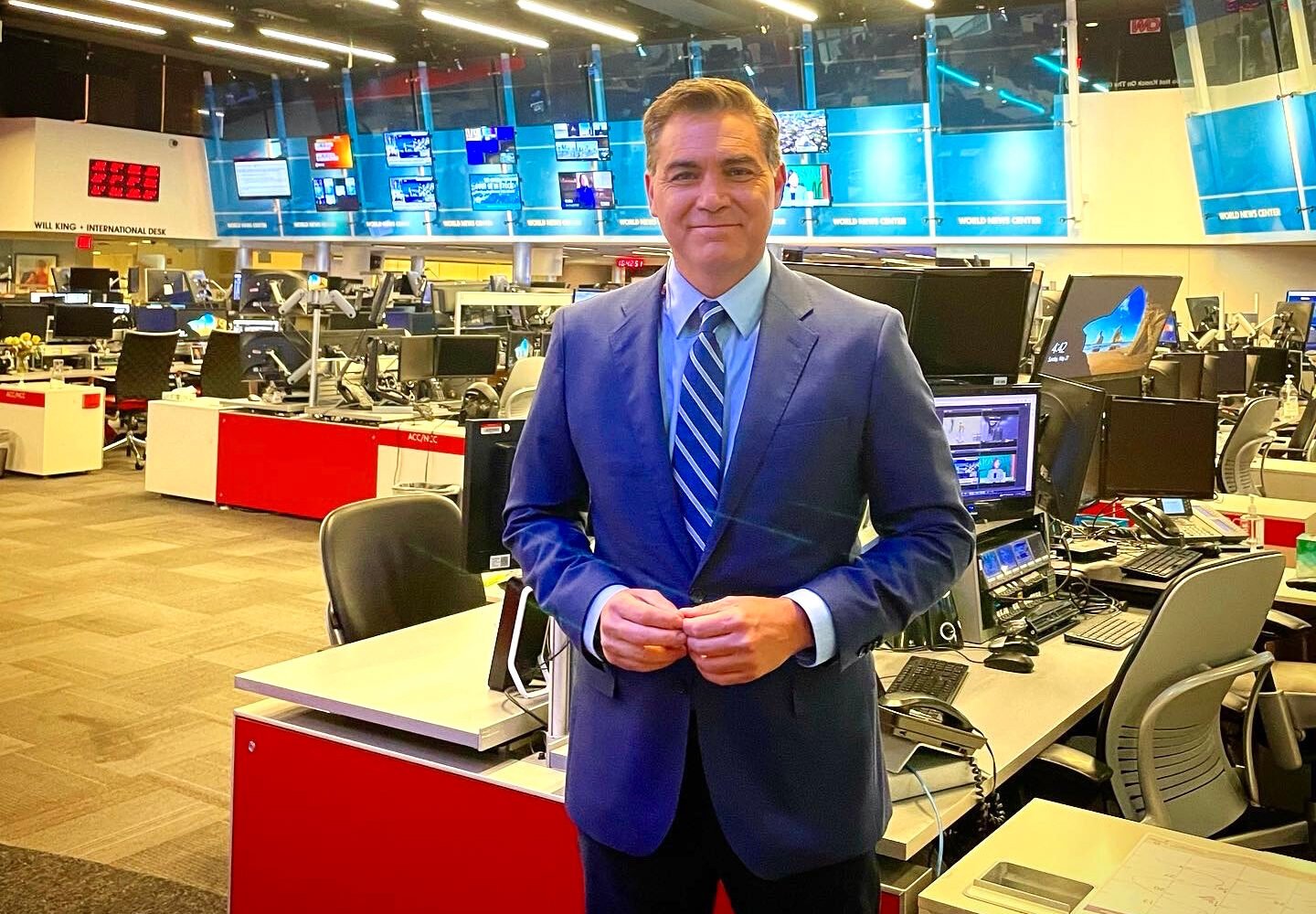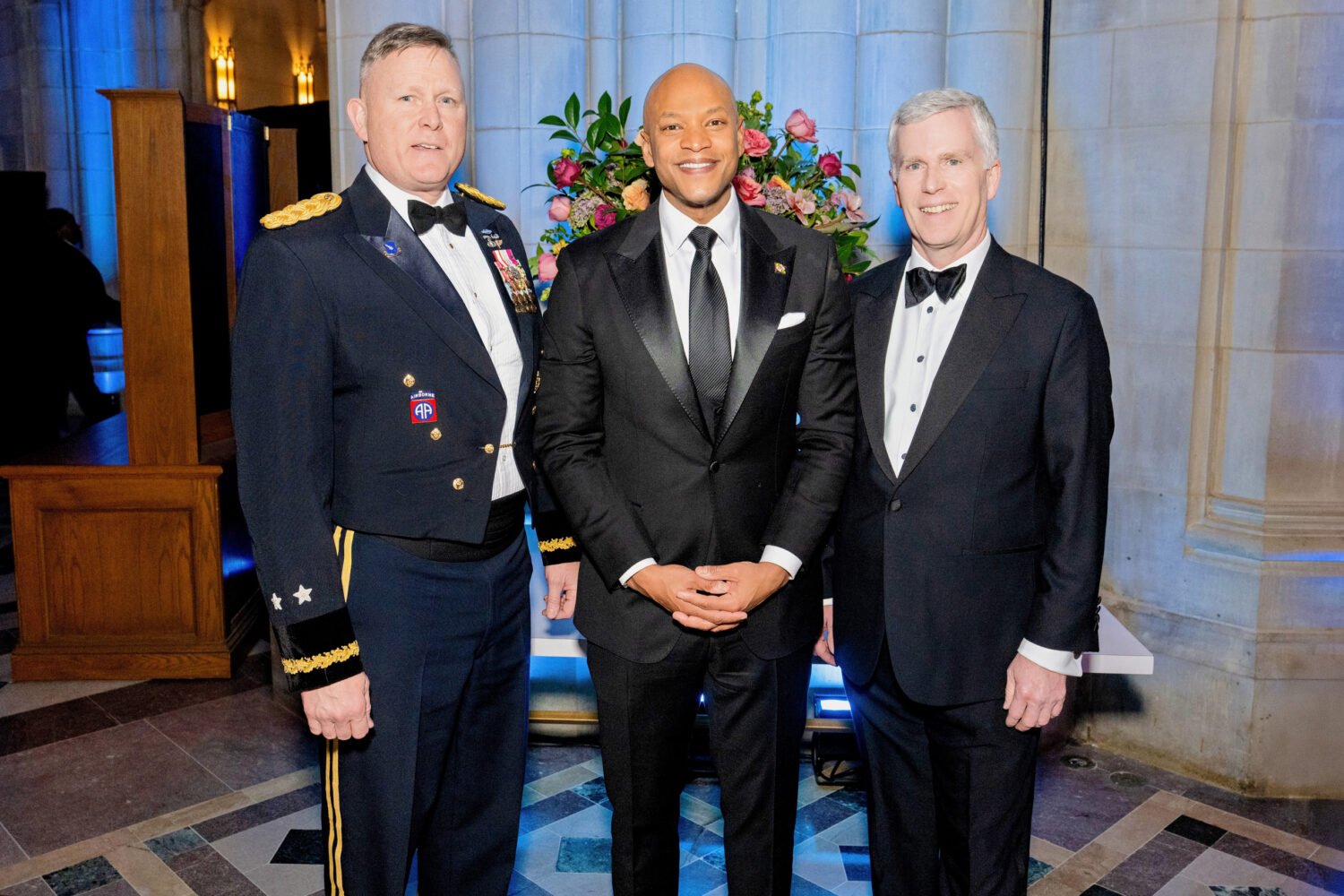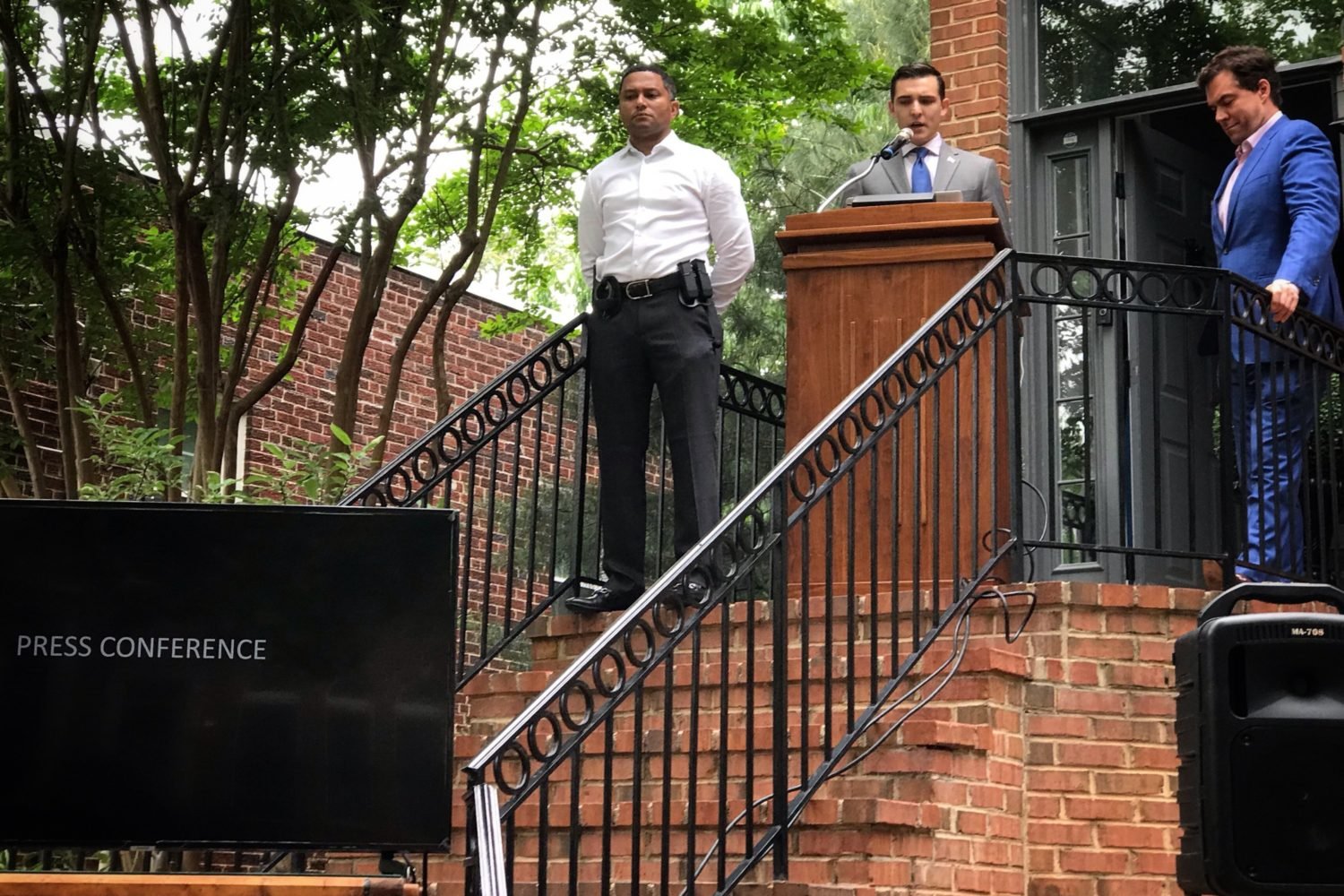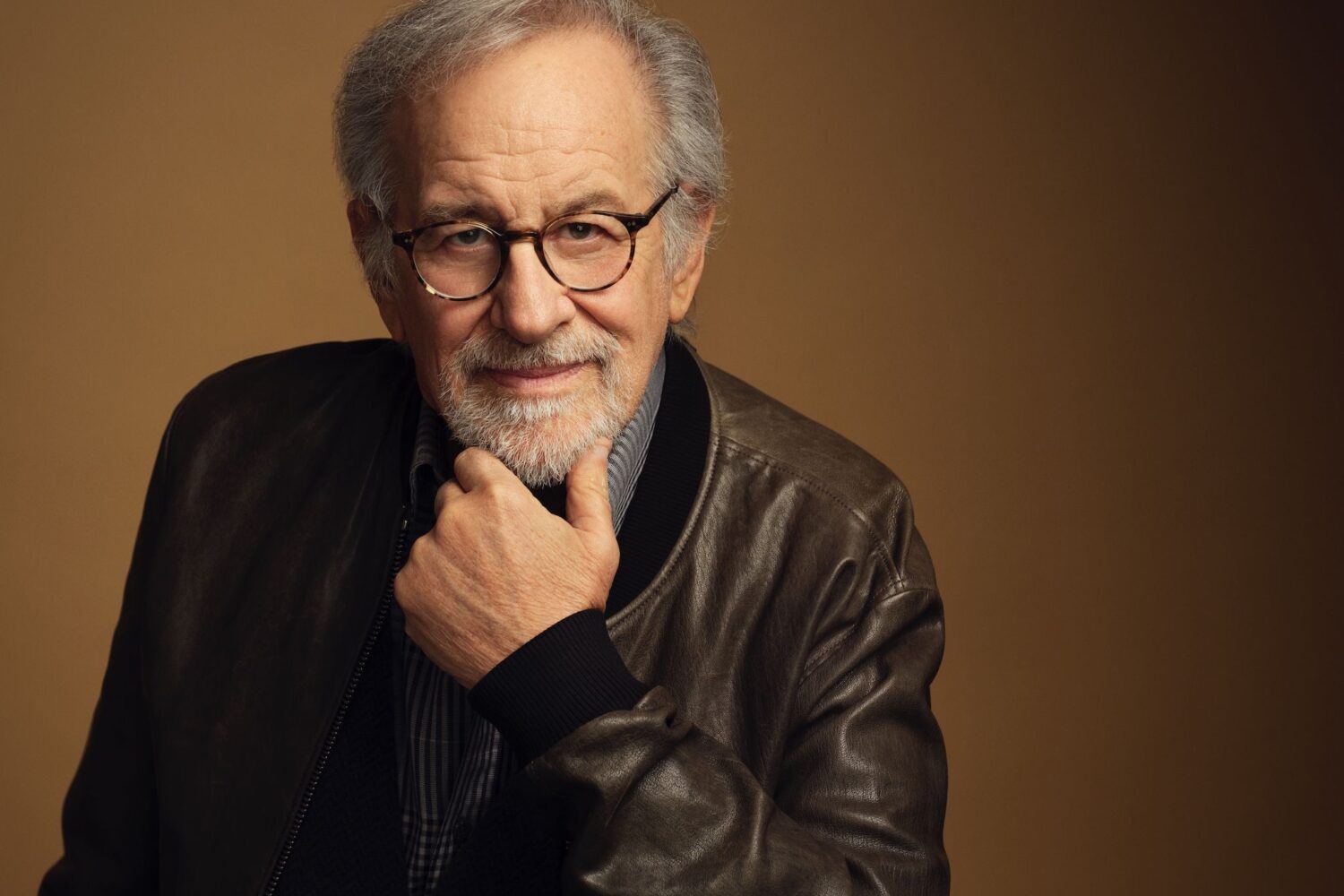Breitbart News executive Steve Bannon‘s appointment as President-elect Donald Trump‘s chief strategist in the White House should be taken as a frightening development, a former Breitbart spokesman says.
“Everyone should be terrified of that prospect,” says Kurt Bardella. “No matter what the official title is going to be, he’s going to be prominent in advising the president-elect.”
Before taking a leave from Breitbart to become the chief executive of Trump’s campaign, Bannon boasted of turning Breitbart into the “platform of the alt-right,” a movement that pushes a white-supremacist philosophy. Under Bannon, Breitbart has included a section called “black crime,” equated feminism with cancer, attacked companies that employ legal immigrants, and described Weekly Standard editor Bill Kristol as a “renegade Jew” for opposing Trump’s candidacy.
Bardella broke with Breitbart in March after it sided against one of its reporters who accused Trump’s then-campaign manager, Corey Lewandowski, of physically assaulting her. Since dropping Breitbart, Bardella has said the media organization effectively functioned as a “Trump super PAC.”
Bannon’s appointment was denounced by multiple civil-rights organizations within hours. “It is a sad day when a man who presided over the premier website of the ‘alt-right’—a loose-knit group of white nationalists and unabashed anti-Semites and racists—is slated to be a senior staff member in the ‘people’s house,'” Jonathan Greenblatt, the chief executive of the Anti-Defamation League, said in a statement released Sunday evening. The Southern Poverty Law Center said Bannon “simply has no business in the White House.”
But with Bannon heading to the White House with a direct line to the president, his views and those espoused by Breitbart will only take on much greater influence over US politics and, now, policy.
“There is no separation between Breitbart and the Trump White House,” Bardella says. “Now they’re a state-sponsored propaganda machine. I think their perspective is they have an audience that they can communicate with they way they want, and anyone who doesn’t like it, tough shit.”
As a political operator, Bannon has aligned himself with the leaders of several nationalist movements in Europe, including the United Kingdom’s Nigel Farage, the Netherlands’ Geert Wilders, and France’s Marine Le Pen. Revelations into his personal life also include allegations of anti-Semitism: according to court papers filed in a 2007 custody battle with his ex-wife, Bannon complained that there were too many Jewish students at the Los Angeles school his daughters attended (Bannon has denied saying that).
If there’s any silver lining in Bannon’s chief-strategist role it’s that it makes him—and Breitbart by extension—a public servant.
“Ironically, Bannon and Breitbart now become the new establishment and are subject to real accountability from the American people,” Bardella says. “It will also bring a different level of scrutiny to the site and to the White House as anything they publish will now be interpreted as sanctioned by the Trump Administration.”
So far, most of official Washington’s criticism of Bannon’s appointment has been from Democratic lawmakers, including outgoing Senate Minority Leader Harry Reid, who plans to give a floor speech about Bannon on Tuesday. House Speaker Paul Ryan has said he has “no concerns” with Bannon, even though Breitbart has published several articles attacking the Wisconsin Republican.
But with Bannon not facing any serious opposition from anyone in a Republican Party about to control the White House and both houses of Congress, there’s little expectation for his extremism to be filtered away from how Trump plans to govern.
“What you see is what you get with him, whether it’s his ideological philosophy or how he conducts himself, that’s been on display for all to see,” says Bardella. “Speaks for itself what that’s going to do to the country.”

